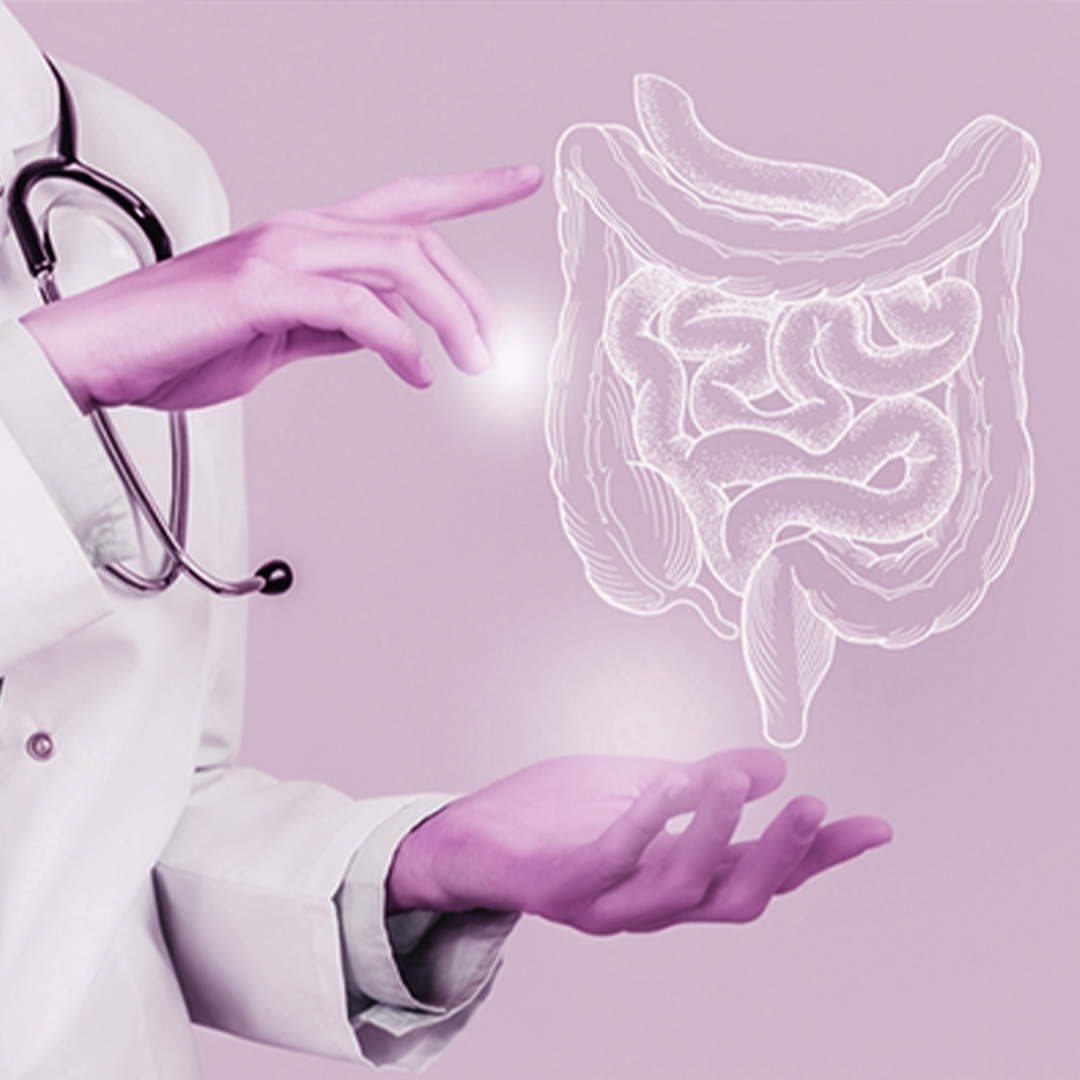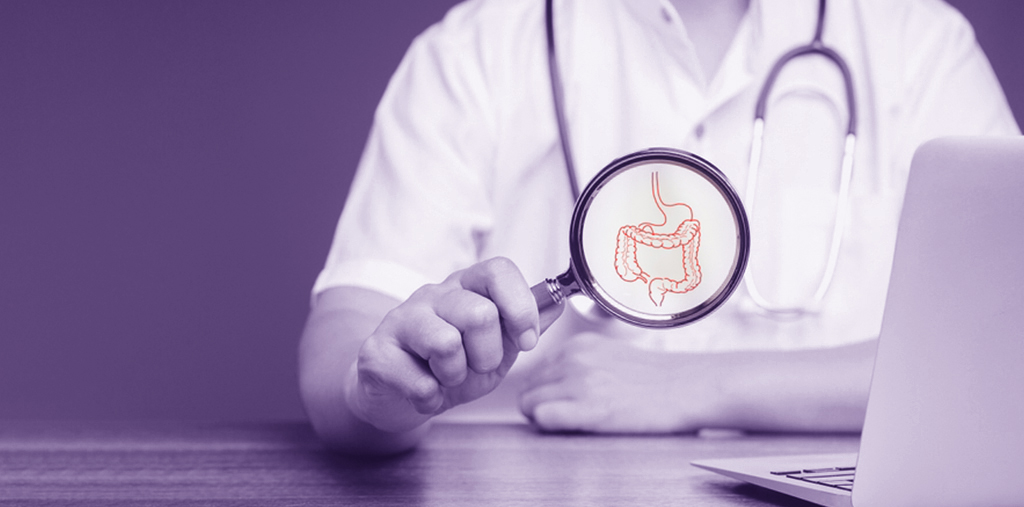Dyspepsia Causes, Treatment, and Prevention Tips
Dyspepsia Causes,Treatment, and Prevention Tips

What is Dyspepsia?
Dyspepsia is a common digestive disorder characterized by discomfort or pain in the upper abdomen, usually after eating. A person may experience heartburn, a feeling of fullness, or bloating. This condition is also known as "indigestion" or "stomach upset" and is not a disease in itself, but rather a set of symptoms that indicate a problem with the digestive system.
Causes of Dyspepsia
The causes of dyspepsia can range from simple to more complex factors. Common causes include:
- Eating too quickly or overeating.
- Consuming fatty, spicy, or heavily seasoned foods.
- Anxiety or psychological stress.
- Smoking.


Signs of Dyspepsia
Dyspepsia is associated with several symptoms, including:
- A feeling of fullness or bloating in the stomach.
- Stomach pain or heartburn.
- Nausea or vomiting.
- Frequent burping.
- Discomfort after eating. If you experience these symptoms frequently, you may have dyspepsia.
Dyspepsia and IBS
There is a connection between dyspepsia and irritable bowel syndrome (IBS), as dyspepsia can be a symptom of this disorder. In such cases, a person may experience stomach pain or cramps, bloating, and changes in bowel movements like diarrhea or constipation. It is important to differentiate between dyspepsia caused by IBS and other types of dyspepsia that may not be related to the colon.
Diagnosing Dyspepsia with Dr. Mohamed El-kady
Typically, doctors diagnose dyspepsia by reviewing the patient’s medical history and the symptoms they are experiencing. Some tests that the doctor may order include:
- Blood tests to check for inflammation or nutritional deficiencies.
- Gastroscopy to examine the stomach and intestines.
- Breath tests to detect digestive problems such as bacterial infections or gastroesophageal reflux disease (GERD).
Complications of Dyspepsia
In most cases, dyspepsia is not a serious condition and can be easily treated. However, if left untreated, it may lead to complications such as:
- Development of peptic ulcers.
- Stomach infections.
- Increased risk of GERD.
- Psychological issues such as anxiety or depression due to chronic stress.
When Should You See a Doctor for Dyspepsia?
You should visit a doctor if the symptoms are recurrent or severe, such as:
- Sharp pain in the abdomen or chest.
- Difficulty swallowing.
- Unexplained weight loss
- Blood in stool or vomit.
- If symptoms do not improve despite dietary changes or medication use.
Treatment for Dyspepsia with Dr. Mohamed El-kady
Treatment methods vary depending on the underlying cause of dyspepsia. Options may include:
- Dietary changes such as reducing fatty or spicy foods.
- Using antacids to reduce stomach acidity.
- Taking medications that improve digestion or reduce cramps.
- In some cases, the doctor may recommend psychological therapy to reduce stress that may contribute to digestive issues.
Prevention Tips from Dr. Mohamed El-kady
To reduce the chances of developing dyspepsia, the following tips may be helpful:
- Eat small, frequent meals rather than large meals.
- Avoid irritant foods such as fatty, spicy, and fried foods.
- Eat slowly and chew food thoroughly.
- Engage in regular exercise to improve digestion.
- Avoid smoking and limit consumption of carbonated drinks and caffeine.
- Manage stress and anxiety through relaxation techniques such as meditation or deep breathing.
How Does Dyspepsia Affect Stool?
A person with dyspepsia may notice changes in their stool, depending on the underlying cause. In some cases, stool may be loose or contain fat due to malabsorption of nutrients. If dyspepsia is related to IBS, a person may experience changes in stool frequency, such as recurrent diarrhea or constipation.
How to Differentiate Between Stomach Inflammation and IBS Pain?
Pain caused by gastritis is often in the upper abdomen, accompanied by nausea or vomiting, while IBS pain typically occurs in the lower abdomen, often accompanied by bowel disturbances like diarrhea or constipation. A thorough medical examination is required to differentiate between the two conditions.
In conclusion, dyspepsia is a common problem that can be managed through lifestyle changes and medical treatment when necessary. If symptoms persist or are severe, it is important to consult a doctor for diagnosis and appropriate treatment.
Also Read: Gastritis Causes, Symptoms, and Treatment